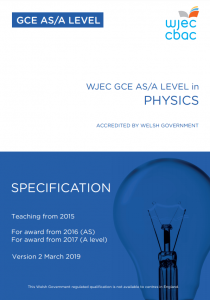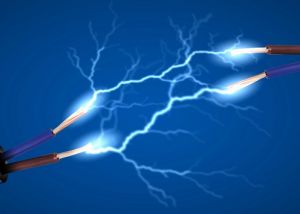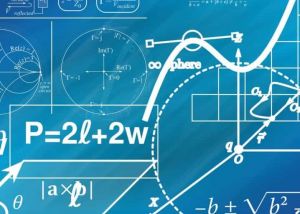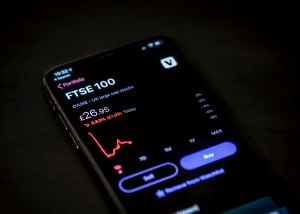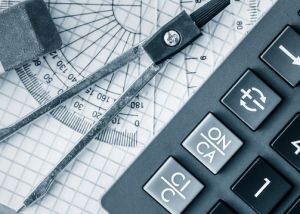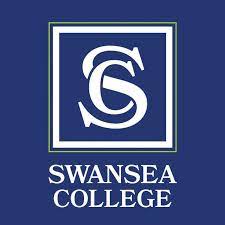Project Description
AS/A Level Physics Course
Exam board: WJEC
AS Level: 2500QS – A Level: 1500QS
As you probably know from GCSE, Physics is the science of the physical world. There are hardly any new topics at A-level that you won’t have come across. Higher Level GCSE calculation topics are simply repeated, e.g. acceleration and kinetic/potential energy, voltage-current-resistance, while others e.g. heat energy electromagnetism and astronomy have calculation introduced at A-level, while only descriptive at GCSE. Maths is involved in A-level Physics but you do not need to do A-level Maths. You just need to be good at most higher-tier GCSE maths, formulae (using and re-arranging them), graphs e.g. y=mx+c, Pythagoras, sin cos and tan percentages and standard form.
In the second year of the course, full A Level, in module 5 you will study further mechanics such as circular motion and oscillations, heat energy, the kinetic molecule theory of gases, then astronomy-planet orbits, stars and the Big Bang theory of the Universe. Module 6 is electromagnetism, (motors generators and transformers), radioactivity particle physics and medical physics. Much of the exam material in the A-level exams will be AS content so you will revise all of this in the A-level course.
There is no “coursework” or practical examinations to worry about. Instead you will do experiments on most topics throughout the course and will answer exam questions about the experiments you did. In the second year of A-level there is the “Practical Endorsement” which you will pass based on your practical work during the course. This is the teacher saying we have seen you set up and use the equipment for the practicals done over the course and is a similar procedure to that in chemistry and biology.
Physics is an essential subject to take at A-Level if you plan to take a Physics or Engineering course at university. It is also a useful A-Level to have if you plan to study Pharmacy, Optometry, Medicine, Veterinary Science, Biomedical Science, Chemistry or Earth Sciences.
Entry Requirements
To study A Level Physics you need a minimum of five GCSEs at grade 4-9 or C and above. You also require grade 5 or C + in Mathematics and Physics and one other science / 5 or above in Combined Science.
Curriculum
In summary, the specification consists of 5 units:
AS Unit 1 and AS Unit 2 will be taught in Year 12
A2 Unit 3, A2 Unit 4 and A2 Unit 5 (Practical Exam) will be taught in Year 13 to complete the A level course.
Studying the WJEC A level in Physics encourages learners to:
- develop essential knowledge and understanding of different areas of the subject and how they relate to each other
- develop and demonstrate a deep appreciation of the skills, knowledge and understanding of scientific methods
- develop competence and confidence in a variety of practical, mathematical and problem solving skills
- develop their interest in and enthusiasm for the subject, including developing an interest in further study and careers associated with the
subject - understand how society makes decisions about scientific issues and how the sciences contribute to the success of the economy and society
AS Units 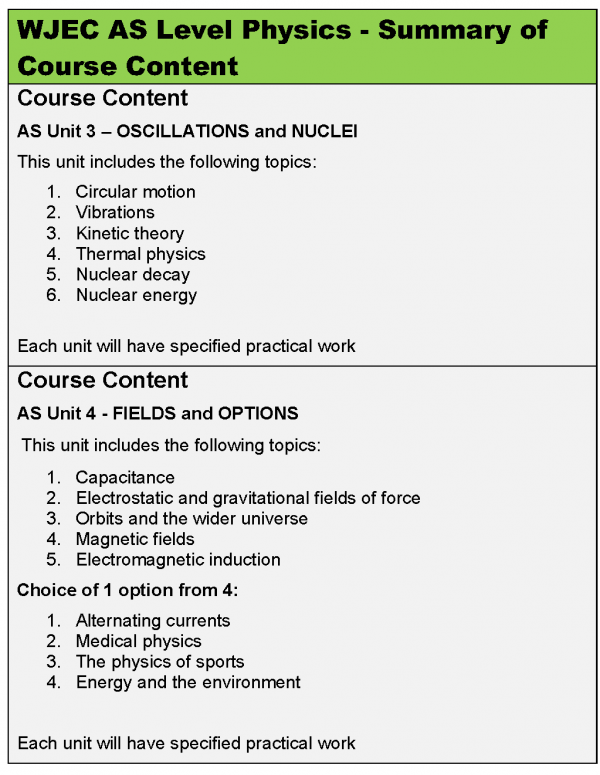
A2 Units
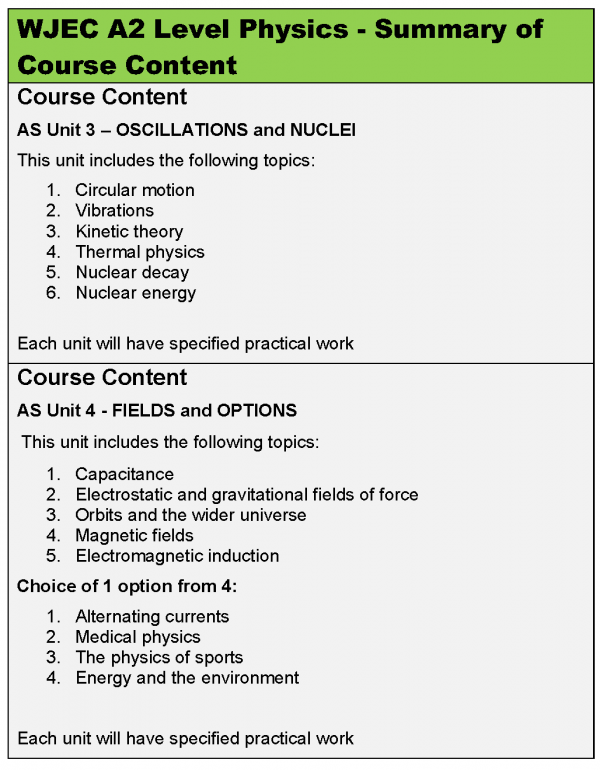
This is a unitised specification which allows for an element of staged assessment.
Assessment opportunities will be available in the summer assessment period each year,until the end of the life of the specification
This specification is divided into a total of 5 units, 2 AS units and 3 A2 units. Weightings noted below are expressed in terms of the full A level qualification.
AS Units
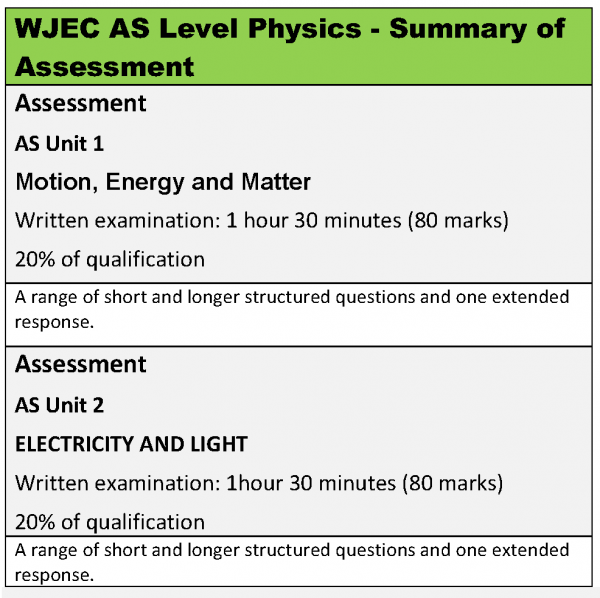
A2 Units
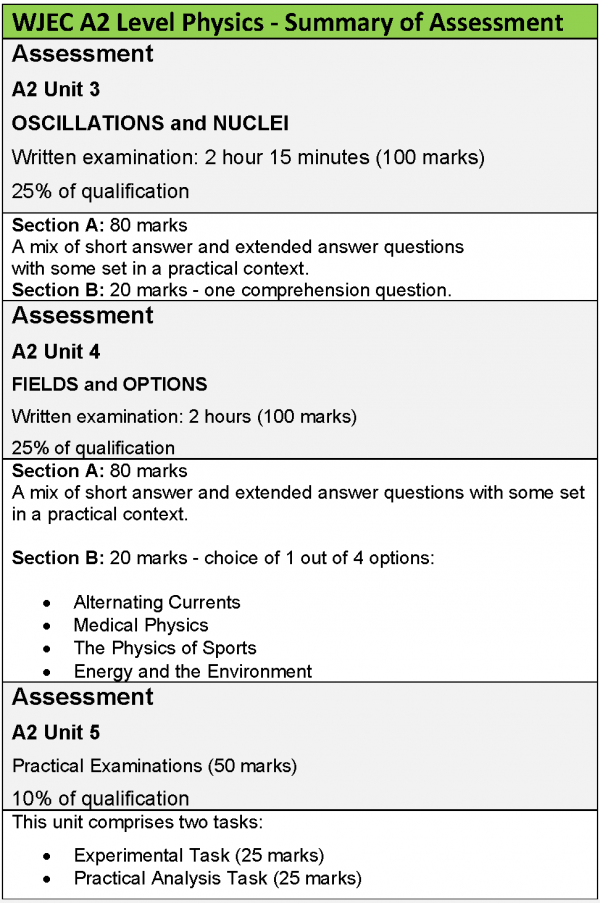
Access Arrangements
Access Arrangements allow candidates/learners with special educational needs, disabilities or temporary injuries to access the assessment without changing the demands of the assessment.
For example, readers, scribes and Braille question papers. In this way, Awarding Bodies will comply with the duty of the Equality Act 2010 to make ‘reasonable adjustments’.
We can arrange access arrangements and assess you with our special assessor. The deadline for application to the exam board is the February of the year the learner sits the exams.
To find out more about exam access arrangements click here
Study Options
You can choose from the following study options:
- Online classes
- Blended learning (in-person and online)
- Self-study
FAQs
SWANSEA COLLEGE A LEVEL COURSES
Have a question? Ask our virtual assistant on live chat below
or call us on 01792 535000 and speak to our experienced Student Adviser.

